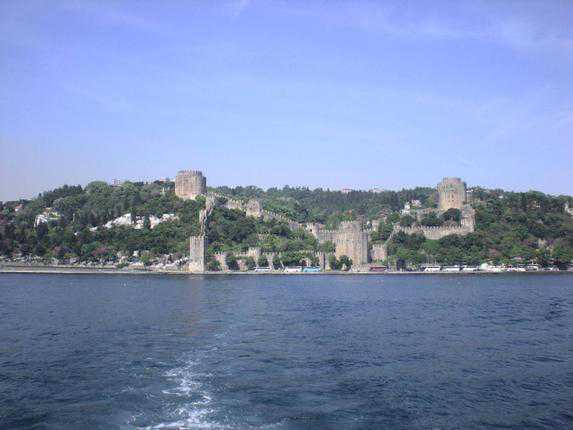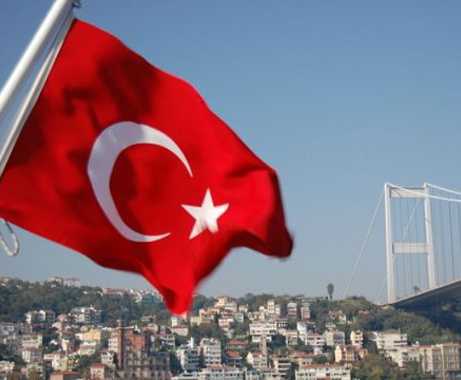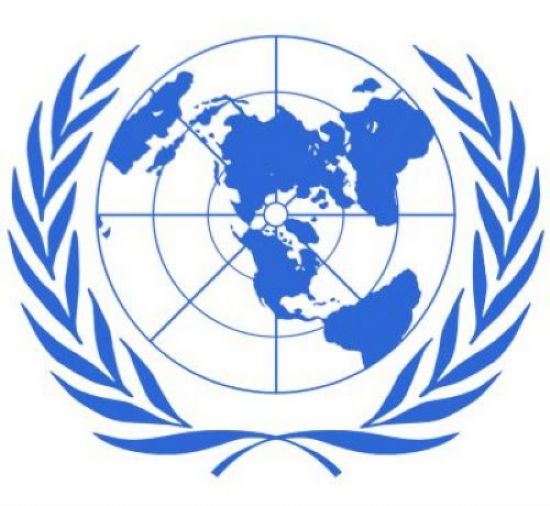By SABRINA TAVERNISE and SEBNEM ARSU
Published: October 20, 2008
SILIVRI, Turkey — One of the most sensational public trials in Turkish history began Monday, as a court started hearing a case against 86 people — among them retired army generals, journalists and a former university rector — charged with assassinations, bomb attacks and trying to topple the government.
The focus of the case is a secret, ultranationalist group named Ergenekon, a word that refers to a legend about the genesis of the Turkish people. Prosecutors say the defendants worked together, using violence to try to create chaos in society and weaken public support for the government in order to pave the way for a coup.
The charges, unveiled this summer in a 2,455-page indictment, include the murders of a judge, priest, journalist and three Christian publishing house employees, as well as the bombing of a newspaper. The group is also charged with plotting to kill public figures, including Orhan Pamuk, a Turkish novelist who won the Nobel Prize in Literature in 2006.
Prime Minister Recep Tayyip Erdogan, whose governing party, Justice and Development, is said to have been a prominent target in the plots, has been accused of using the case to silence critics who say his party has an Islamist agenda.
One of the defendants, Tuncay Ozkan, a journalist and the founder of a television network, Kanalturk, was a principal organizer of antigovernment rallies that drew hundreds of thousands into the streets last year.
Turkey is a democracy with an elected government, but a powerful elite of military officers, judges and senior bureaucrats has helped steer the country since its inception in 1923, carrying out four coups. This trial is the first real attempt in Turkish history to prosecute the leaders of this country’s violent nationalist fringe, who prosecutors say have had links to the elite.
The case has riveted Turkish society because public criticism of the military, a vaunted institution in Turkey, is extremely rare. The military has denied any role in the plots; the officers identified in the indictment are all retired.
Prosecutors say the Ergenekon organization is the Turkish equivalent of the Italian Gladio network, a code name for operatives who infiltrated Italian society after World War II to counter Communism and who were responsible for a series of political assassinations and bombings in the 1970s. Turkey, according to the indictment, has allowed Ergenekon “to turn our country into a mafia and terror haven.”
Lawyers for the defendants questioned the extent of the connections that prosecutors seemed to be drawing among people from different, often opposing, backgrounds.
Vahdettin Erdem, a lawyer for Dogu Perincek, the leader of a nationalist political party and one of the accused, said in an interview that the case was more about politics than law and that it contained many irrelevant and unfounded accusations. One of the documents prosecutors are using to charge Mr. Perincek is from part of his party platform calling for changes in the way the Turkish state is organized, which has been public for years, Mr. Erdem said.
“This indictment is a work of people who cannot bear political opposition,” he said.
The trial opened in a chaotic, crowded courtroom in a prison complex 50 miles west of Istanbul. A noisy throng of the suspects’ supporters waved flags outside the entrance to the prison, hurling insults at Mr. Erdogan’s party. The government has put 19 witnesses under protection.
Prosecutors began investigating last year, when the police, acting on a telephone tip, raided an apartment in Istanbul and found a cache of hand grenades that had the same identifying number as those used in a bomb attack on the offices of Cumhuriyet, a pro-military newspaper, in 2006. Authorities believe the attack was a provocation not aimed at the military but intended to discredit its opponents.
The police later arrested several suspects, including Veli Kucuk, a retired general, who is accused of having been the mastermind behind several recent political murders, including that of a judge last year.
Other defendants include Ilhan Selcuk, the top columnist at Cumhuriyet; Kemal Kerincsiz, an ultranationalist lawyer; Kemal Yalcin Alemdaroglu, a former Istanbul University rector; and Adil Sacan, the former chief of Istanbul’s organized crime unit.
Most of the evidence is from hours of tapped phone conversations, as well as classified documents taken from suspects, including ones that include plans for attacks on Turkey’s Supreme Court and NATO buildings.
A document in a laptop computer found during a raid on a nationalist group outlined what to do if anyone from Mr. Erdogan’s party were to take the presidency. The indictment said the plan was for “shock assassinations” of Greek and Armenian religious leaders in Turkey, as well as a prominent Jewish businessman, Ishak Alaton.
But there was no violence after Abdullah Gul, a party member, became president in 2007, and it was unclear whether there was ever any attempt to attack members of his party.
Turkey has had glimpses of state ties to the criminal underworld in the past. In 1996, a former police chief and a mob boss who were sworn enemies in public died together when their Mercedes crashed on a highway. In 2006, two undercover military officers were caught after planting a bomb in a Kurdish-owned bookstore that killed one person.
NYTimes






